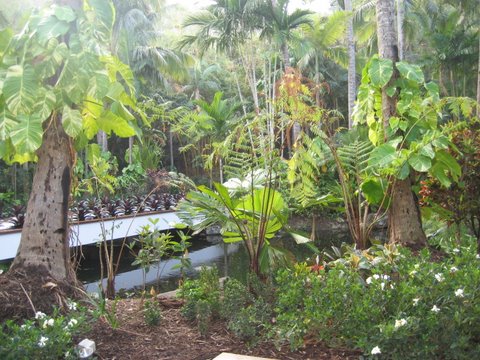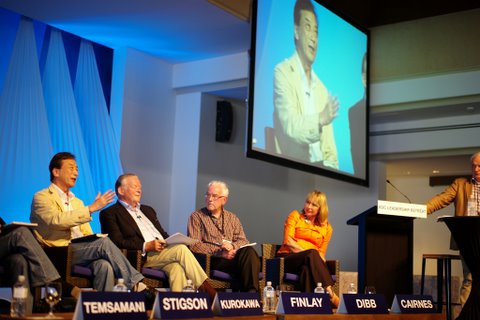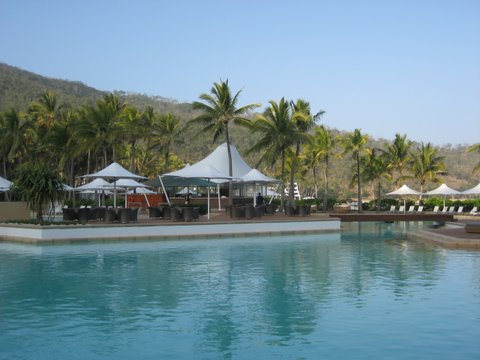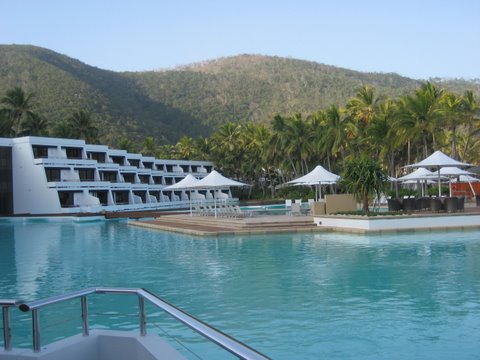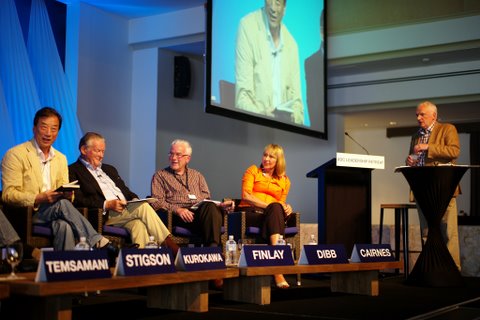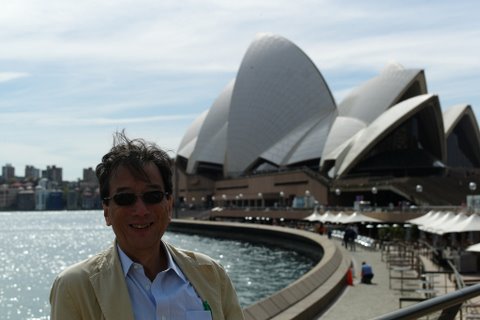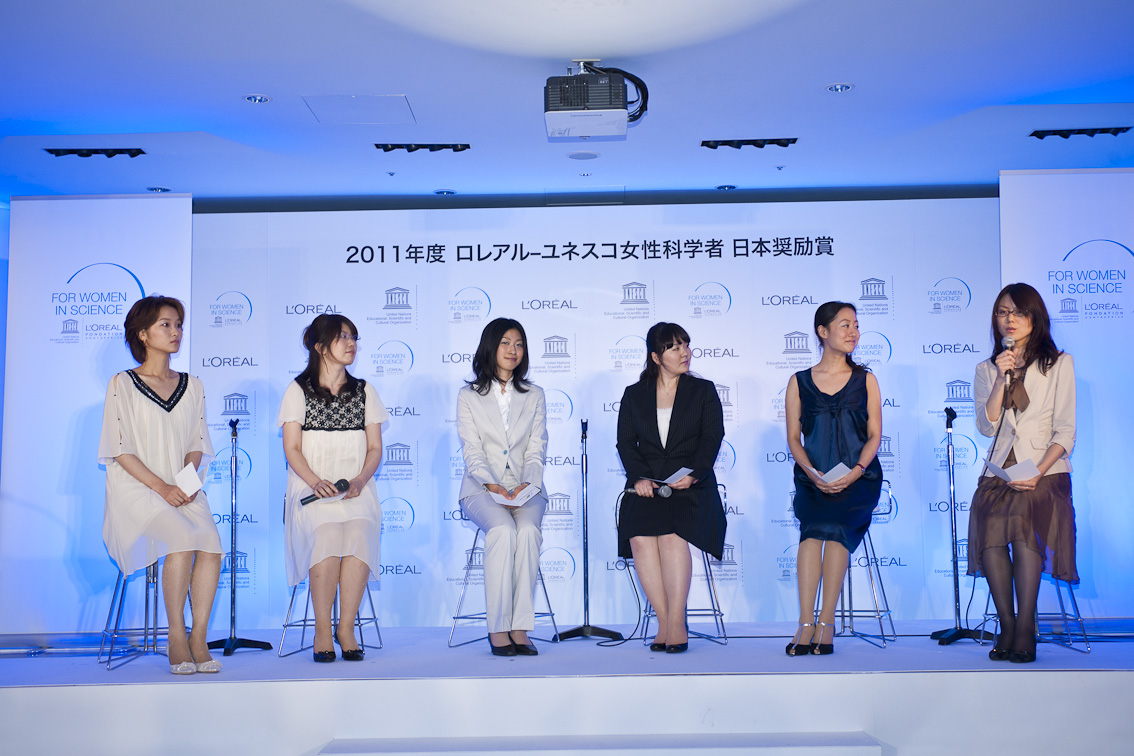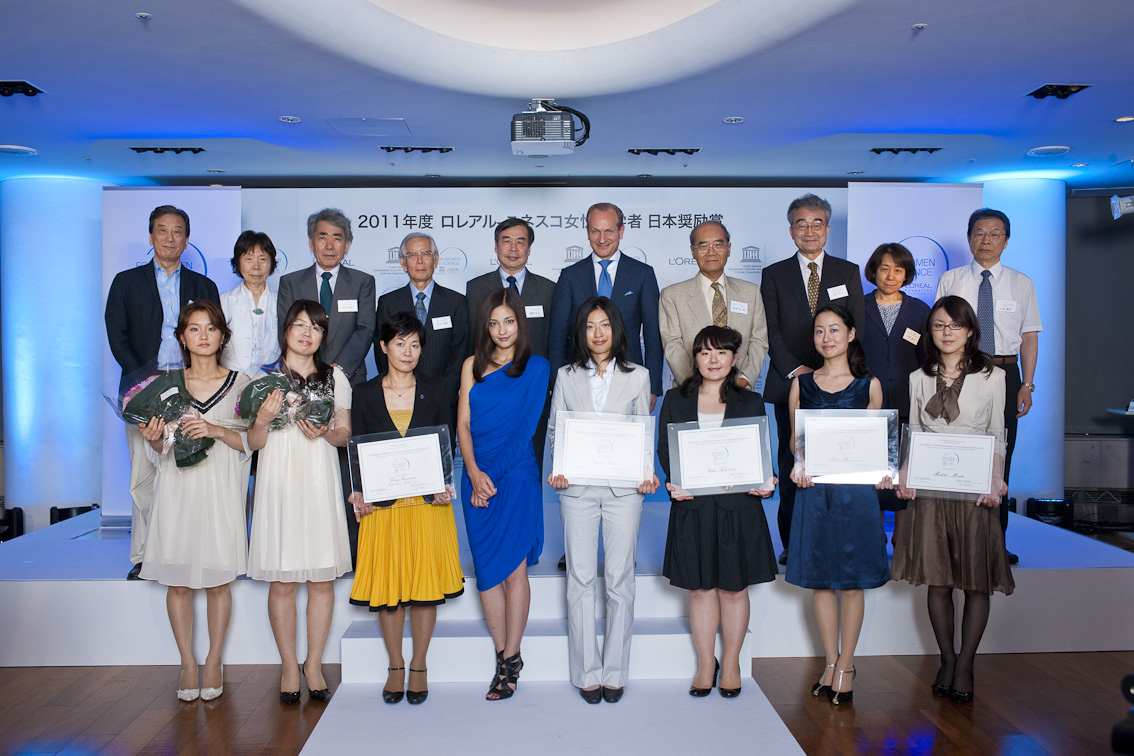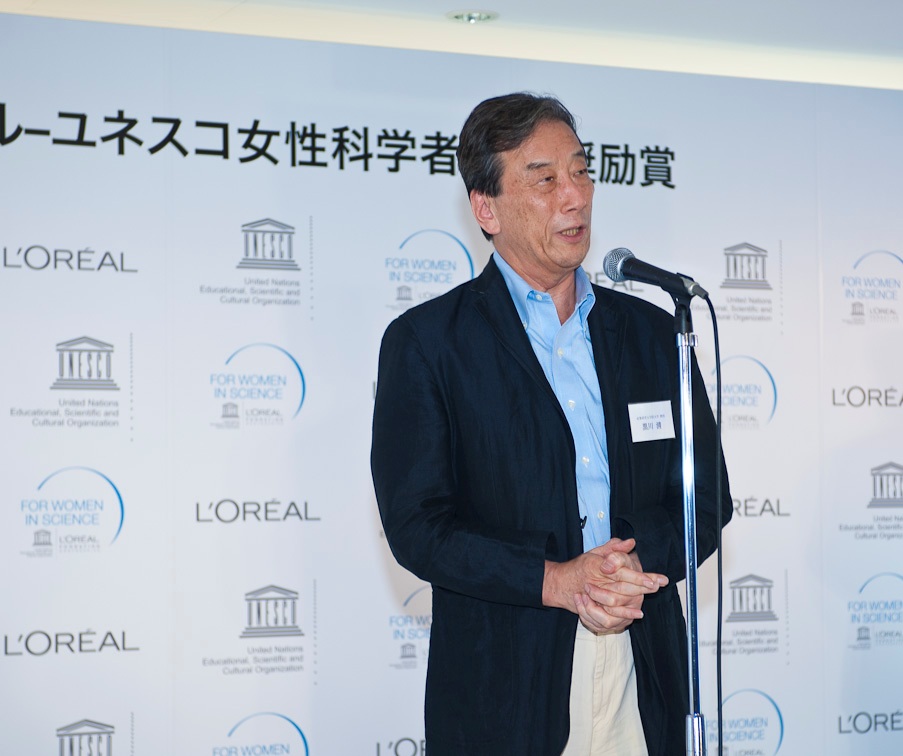I have been busy these days, which is nothing new….. And since my blog postings can not catch up with my real time activities, I would like to post here a summary of my recent activities.
From Sydney, I moved to Singapore. Here, I visited several public institutions such as Temasek, National Research Foundation, EDB (Economic Development Board), A*STAR, and SPRING with my friends from Japan to promote mutual connections. Arrangement of appointments with these institutions went quite smoothly because I have been in touch with them for many years as you will see if you search this web site by the key word “Singapore”. Besides these visits, I also spent some time in Singapore with several private entrepreneurs or companies at meetings or meals. Anyway, my impression here was that they are quick in understanding our points, very positive, fast in taking actions, so much that we started worrying about whether we can catch up with their speed in follow ups. In this period of great transformation, nothing matters more than mutual personal trust, networks, and speed for action.
I had dinner with professor Ito (which is a regular event in Singapore) of A*star together with Dr. Shigeki Sugii (in Japanese), Assistant Professor at the National University of Singapore from this year after earning a PhD degree at Darthmouth University, and completing Postdoctoral research at UCSD. I also had meals with several people including Ms Tan Siok Sun, the daughter in law of Goh Keng Swee, major figure with Lee Kuan Yew in the founding of Singapore.
On 10th, I went to Hiroshima to attend a meeting which was originally scheduled in March by Dr. Yorioka, my long time friend, a nephrologist who retired from the position of the Professor of Faculty of Medicine, University of Hiroshima this spring. The gathering was postponed because of the great disaster. I gave a speech for about an hour. Recently, I focus my speech on “Age of Uncertainty” because we are now living in the age of global transformation. This theme, I believe, is relevant to everyone regardless of boundaries, especially to those who are working in the field of education. I spent a great time here and enjoyed reunions with many old friends.
The next day, on Sunday, September 11th, I saw Dr. Azimi (Ref.1), former Director of UNITAR. It has been a long time since I saw him before, and there were so many things to talk about, but unfortunately we ran out of time, and I had to leave for Tokyo.
The day was precisely the 10th year of the “9.11”. The whole world remembered this day, and I think every each one of us, in memory of this tragedy that took place 10 years ago, strongly felt how drastically our world has changed since. And it happens that this was also my birthday. I went to the same restaurant as 10 years ago with my family. I received so many Happy Birthday e-mails and stayed up until midnight sending reply to all messages.
On Monday, the 12th, I attended the International Conference for the launching of “Japan Renewable Energy Foundation (自然エネルギー財団)“. This foundation was founded by Masayoshi Son of Soft Bank. Multiple resources show that his keynote lecture (Ref.1) was well accepted. The program was nice with many guests from overseas. This conference will continue for 3 days.
In the late afternoon, I gave a lecture at a gathering of business persons hosted by Kanazawa Institute of Technology . My topic here was again “Age of Uncertainly”. I used the same title as at Hiroshima, and talked basically the same things although I changed the outline a bit. The huge hall was filled with quite a number of people. I think my speech was welcomed by business persons, and especially people at the Kanazawa University, the host of this event. Since I knew that Kanazawa University has enrollment of over 1000 students per grade, its employment rate exceeding 95%, which means that it holds a high position in the employment rate rankings (though there are a variety of this sort of rankings….), one research showed that Kanazawa University scored 9th in the national level, so I made some comments on the background of this fact, what it means, and what the issues of the companies are.
During this couple of weeks, I have been busier than ever before, seeing lots of people, attending many events, so many things tend to fall behind.
